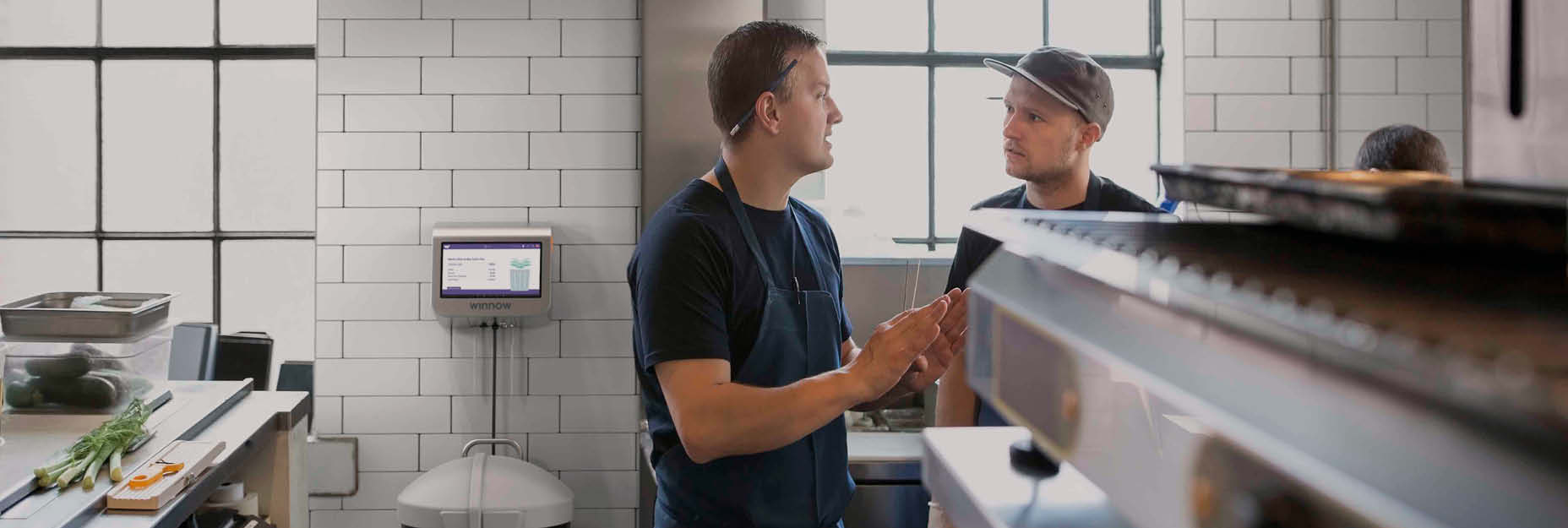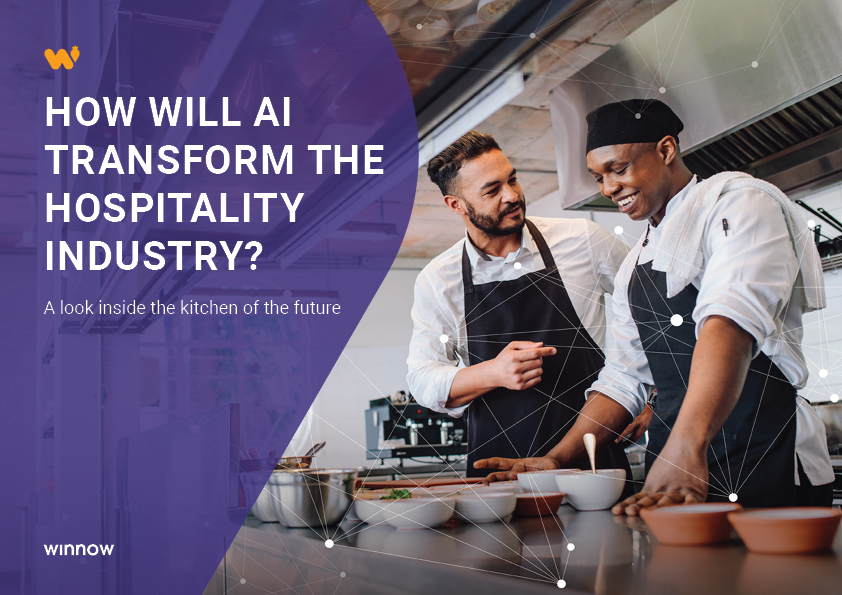These days, the hospitality industry is all-a-buzz about artificial intelligence (AI) - and it’s no wonder why they’re one of the first industries straight on the bandwagon.
With more customers becoming digitally savvy, they’re looking for experiences that can offer them so much more.
However, it’s not just about improving the customer experience. AI is being looked at to solve various challenges in the industry such as operational efficiency, cost savings, additional revenue streams and commercial advantage.
Read the rest of this article to learn five ways that the hospitality industry is using AI:
- Personalisation
In today’s day and age, personalisation is one of the biggest trends to hit industries such as hospitality, no surprise considering that over 86% of customers value personalisation.
As such, implementing a level of personalisation results in improved customer experience and an increase in loyalty. AI technology has been used in many ways, such as personalising loyalty programmes and tailoring better offers for guests.
While this use of AI does certainly improve the customer experience, it does also help hotels gain an advantage over competitors by drawing more customers to their business.
Virgin Hotels utilised personalisation through mobile technology to enhance the guest experience during their stay. ‘Lucy’ allowed guests to do things such as making a dinner reservation, adjust room temperature and more.
Virgin Hotels also launched a rewards programme to further enhance the guest experience where guest can personalise what they’d like to see in their minibar and select a drink for their arrival.
- Bookings
With more and more customers now looking to doing their room bookings through aggregator websites, accommodation providers have been feeling the pinch.
AI has been employed in the form of chatbots to help ease signs of friction on websites or social media platforms and act as digital assistants for customers and would-be customers looking to spend money with businesses.
Chatbots have become increasingly popular and are becoming smarter as AI technology improves.
Chatbots like the one that Hyatt Hotels have implemented in their Facebook Messenger, can now even take bookings through its platform, cutting out unnecessary steps in the customer journey. Another great chatbot is the one that The Cosmopolitan of Las Vegas introduced called Rose.
Rose is a VIP host with a “witty personality” that interacts with guests through text message and can provide recommendations, offer services as delivering extra pillows to rooms or receive requests for guided tours. For customers, chatbots can offer a more friendly and fun way to interact with the hotel without the need to call anyone.
- Maintenance
Maintenance is an often un-thought of aspect of the hospitality industry where AI is concerned. However, there has been a need for this technology in being able to strategically manage resources.
AI technology can harness your big data and include the likes of feedback, reports and more to determine which updates and maintenance items should be focused on as well as helping businesses to become more proactive and predictive to any issues that may arise in future.
This technology lends a helping hand in ensuring businesses can get a better return on their investments without over-allocating costs and resources.
Companies like Site 1001 are harnessing AI technology to create big data platforms that can help to provide hospitality businesses with a wealth of information, from floor plans to warranty information and maintenance records.
- AI concierges
The development of the home automation system has given rise to a new breed of enhanced, AI robots. Hotels are on the rise of becoming more intelligent with these mechanical concierges - which are, much like a physical version of your online digital assistants and chatbots.
The first AI concierge pilot, Connie, was developed by IBM and Hilton and since then, there’s been an influx of others in the industry to follow suit. These concierges can interact with customers, answering questions and providing information - and with their machine learning algorithms, can become smarter over time and can be further developed to link and interact with other automation systems or do other tasks.
For instance, Aloft Hotels created A.L.O - a robotic butler that can “travel the length and breadth of the establishment to make deliveries”.
Food waste
1.9 million tonnes of food waste is sent to landfill in the UK alone and industries are looking to artificial intelligence technology to help address the problem - one solution which is already being implemented into commercial kitchens.
Winnow Vision is sophisticated food waste technology which allows kitchens to automatically track their food wastage. It uses computer vision (a form of artificial intelligence) to help chefs easily pinpoint their wastage which can result in cutting costs on purchasing ingredients and saving time.
The system takes photos of wasted food as it's thrown away and, using the images, the machine trains itself to recognise what has been thrown in the bin. Winnow’s test systems have reached and surpassed human levels of accuracy in identifying wasted foods.
This means that, over time, these systems will enable your kitchens to automatically register food waste without any human interaction. Food will be thrown in the bin and the data will be captured automatically. This increases data accuracy and ease of use.
In fact, our results with IKEA show that deeper insight and improved accuracy can result in up to 50% reduction in food wastage, and this number is only set to increase over time the more that the technology is used.
Why measuring is key to lessening costs, saving on waste and gaining commercial advantage
The hospitality industry is facing rising costs and economic uncertainty, which in turn contribute to tightening margins. Additionally, consumers are now more aware of the sustainability agenda and are expecting business in the industry to provide their services responsibly and that means wasting less food.
With businesses not wanting to be left behind in the era of digital change, they’re now asking how they can improve efficiency, costs and sustainability through much needed digital transformation. This is where implementing AI like Winnow Vision to combat food waste comes in. The core benefits of using AI technology like Winnow Vision include:
- Cutting down on food waste
- Typical savings of 3-8%
- ROI of up to 10x
- A differentiated food waste story
- Improved accuracy
- Saving time
- Eliminating human error
Implementing AI into kitchens will enable them to become much smarter and predictive by helping chefs to run their spaces with maximum efficiency. Additionally, the cost savings can then be invested back into the business that is more socially responsible.
Want to find out more? We’ve written a guide looks at how artificial intelligence will shape the hospitality industry in the months and years ahead. Download the guide for free today to learn more.









Comment on my blog